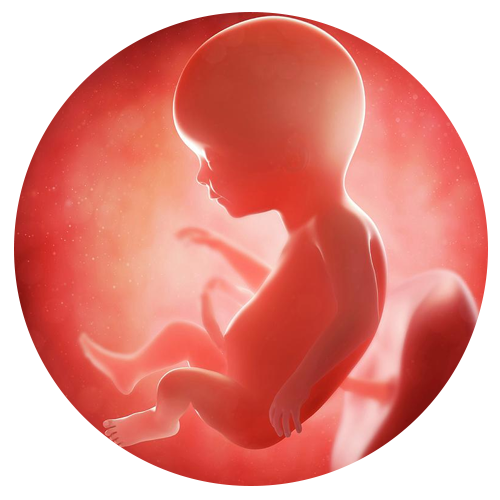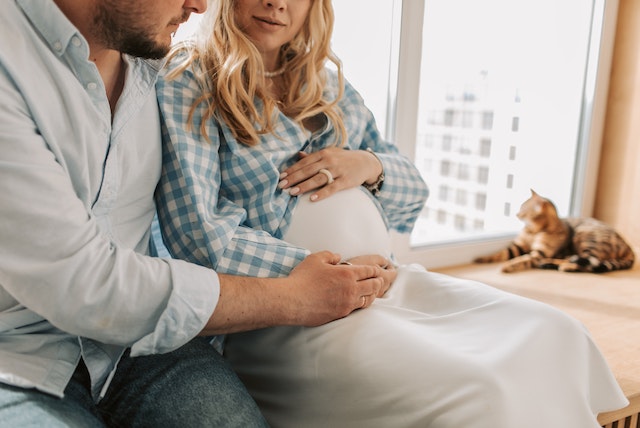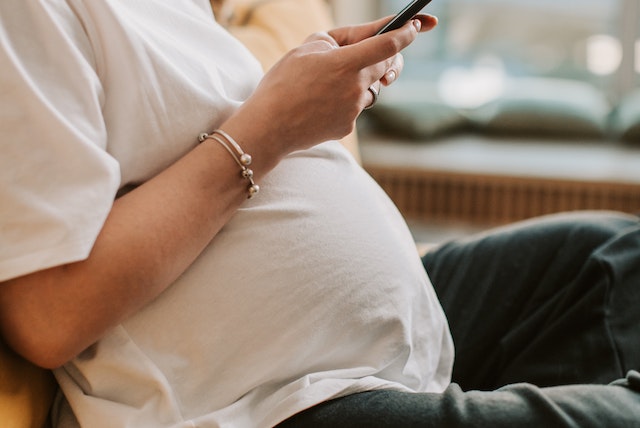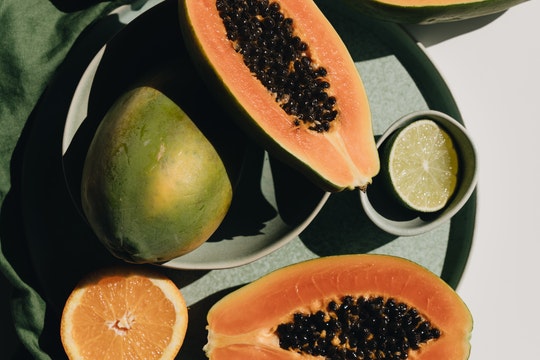17 Weeks Pregnant: Pregnancy Symptoms & Baby Development
Find out what to expect from every week of your pregnancy.
17 weeks pregnant is how many months?
Month 4 (Trimester 2)
Baby development at 17 week
Diet & nutrition

Excercise and fitness
At 17 weeks your baby should weigh about 150g (just over 5oz) and measure around 13cm from crown to rump. Until now, your baby’s head has been larger in proportion, but now its body is starting to catch up and put on weight. It’s around this time that fat-storing ‘adipose tissue’ is beginning to form.
Hair, eyebrows and eyelashes are continuing to grow. The respiratory system is also developing, and your baby will begin practising breathing as its chest rises and falls. By week 17, it’s possible for your baby’s heart rate to beat at around 140–150 bpm – much faster than an average resting adult range of 60–100 bpm.


Early pregnancy symptoms at 17 weeks
Pregnancy anemia
Along with Vitamin D, you’ll also need plenty of extra iron for your baby. Signs of iron deficiency include feeling tired and out of breath, and looking pale8. Talk to your midwife about taking an iron supplement.
Swollen ankles, hands and feet
Your body holds more water while you’re pregnant, so if you stand for too long gravity will take a toll and send the water to your ankles, hands and feet. Put your feet up – right up: prop them up so they’re higher than your heart for an hour each day.
Cramp
It usually strikes at night, so make sure you turn a light on if you stand up to help clear it. You don’t want to trip and fall. Gentle exercise for your legs, ankles and feet may help prevent cramp.
Feeling hot
With your body pumping more blood, and rampaging hormones, you can feel extremely hot. And not always in the best sense of the word. Wear loose, breathable fabrics and stay hydrated with chilled water.
Mood swings
Pregnancy hormones, estrogen and progesterone, soar during pregnancy, affecting how you’re feeling emotionally. Get plenty of rest and light exercise to keep you feeling like yourself.
Bloating and gas
The pregnancy hormone progesterone slows down your digestion which can lead to bloating and excess gas
It’s recommended that you get 10 micro grams of vitamin D each day during pregnancy. The most efficient way to get vitamin D is through exposure to direct sunlight – UVB rays in particular. However, Britain’s latitude means we only get six months of effective sunlight each year, from April to September. This may explain why a significant number of young women in the UK have low vitamin D, and why sun exposure alone may not be enough to support your baby during pregnancy
How to boost your vitamin D intake
Vitamin D is present in certain foods, like eggs and oily fish. But the best way to make sure you’re getting enough is to take it as a 10mcg supplement. Some prenatal multivitamins contain this already, or you can choose to take a separate vitamin D supplement. You can also boost your vitamin D intake by including the following foods in your diet:
- Oily fish, including herrings, mackerel, sardines, salmon, trout (limit your intake to 2 portions a week).
- Eggs – the yolk contains the vitamin D.
- Fortified foods – some brands of milk and breakfast cereals have added vitamin D.

THE SCIENCE BEHIND VITAMIN D
Powered by Nutricia
Vitamin D forms an essential part of your healthy pregnancy diet. It plays a vital supporting role in the growth and development of your baby’s bones by regulating the levels of calcium and phosphate in their body. An adequate supply of vitamin D also reduces your baby’s risk of vitamin D deficiency.
As well as supporting your baby’s bone development during pregnancy, the vitamin D you consume now helps to build up your baby’s personal store, which they will rely on during their first few months of life
